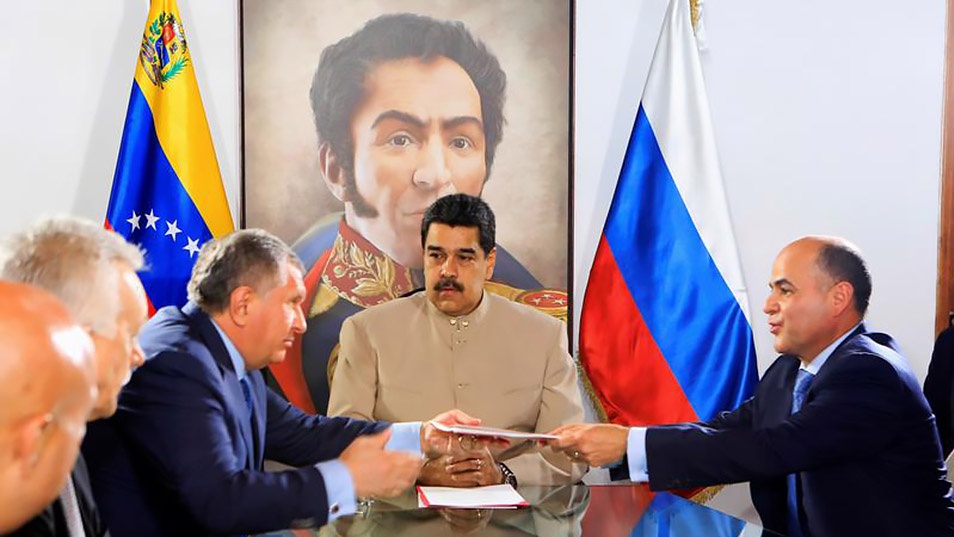
Nicolas Maduro, Igor Sechin and Manuel Quevedo, December 16, 2017 / Reuters
The United States and a slew of Latin American nations have recognized Venezuelan opposition leader Juan Guaido as interim president, leaving Nicolas Maduro ever more isolated.
Though China is Venezuela’s top lender, Russia has also been a long-standing ally of Maduro and his predecessor Hugo Chavez with business ranging from oil and loans to military hardware.
Of late, Moscow has become Venezuela’s lender of last resort, with the government and Rosneft handing Venezuela at least $17 billion in loans and credit lines since 2006, according to Reuters calculations.
Below is data on Russia’s involvement with Venezuela.
Sovereign debt
In November 2017, Russia agreed to restructure Venezuelan sovereign debt of $3.15 billion, with repayments lasting 10 years.
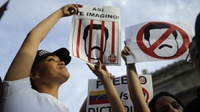
Read More
Maduro’s Collapse Would Be a Defeat for Putin Too (Op-ed)
Russia’s Deputy Finance Minister Sergei Storchak said this month Venezuela was serving its debt and there was no talk of providing any other loan to Caracas. Storchak also said Russia offered Venezuela a plan for its economic problems.
Banks
Russia and Venezuela have a joint venture bank, Evrofinance Mosnarbank, Russia’s 91th biggest by assets. The Venezuelan National Development Fund (Fonden) controls a 49.99 percent stake in the bank.
Russia’s Gazprombank, where the state-controlled gas producer Gazprom is a shareholder, and the state bank VTB each own a 25 percent stake in Evrofinance.
VTB, which is Russia’s No.2 bank, is considering selling its stake in Evrofinance but there is no firm deal yet, a VTB executive told Reuters last month.
Gazprombank said on Thursday it was not currently involved in any investment projects in Venezuela, so the risks for its business were insignificant.
Rosneft-PDVSA ties
Rosneft, Russia’s biggest oil producer and one of the largest globally, operates in Venezuela and has also issued loans to PDVSA, backed by oil supplies.
According to Rosneft, PDVSA paid $500 million debt during the third quarter of last year, with the outstanding obligations standing at $3.1 billion then.
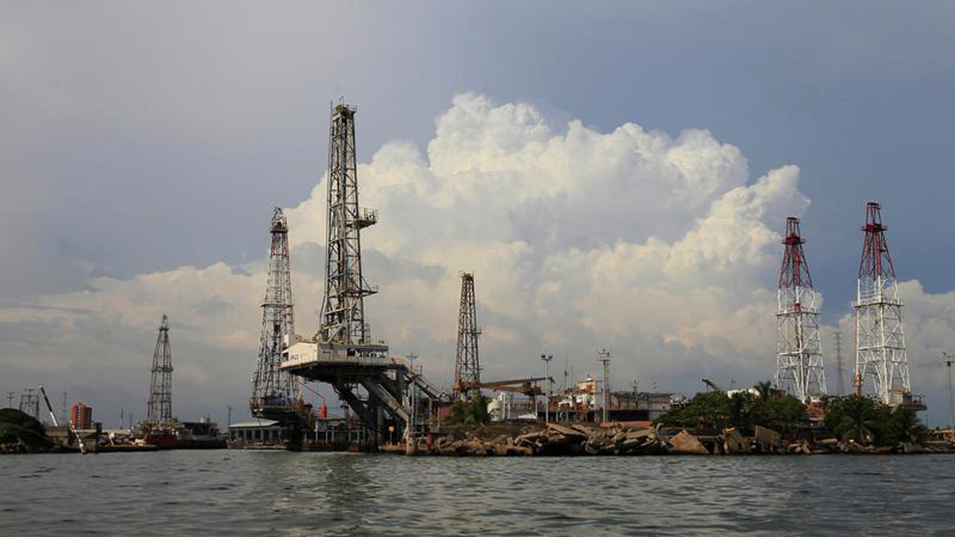
Isaac Urrutia / Reuters
Rosneft also holds a 49.9 percent stake in U.S. refiner Citgo for a 2016 loan of about $1.5 billion. The remaining 50.1 percent stake is being held by PDVSA but is collateralized under the 2020 bond issue.
Reuters reported in 2017 that Rosneft was in talks with PDVSA to swap its Citgo collateral for oilfield stakes and a fuel supply deal.
Russian oil companies
Rosneft, whose chief executive Igor Sechin is a frequent visitor to Venezuela, has stakes in a number of oil projects in the country. Total oil production from those projects was 8 million tons in 2017, or 161,000 barrels per day.
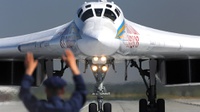
Read More
Russia Considers Deploying Military Aircraft in Venezuela Long Term, Media Reports
Rosneft’s share in that oil production was 3 million tons, according to the last publicly available Rosneft documents. In particular, Rosneft is involved in the following projects:
– Junin 6: PDVSA holds a 60 percent stake, the rest is controlled by a joint venture of Rosneft and Gazpromneft, the oil arm of Gazprom. Rosneft holds 80 percent in that JV, Gazpromneft controls 20 percent.
– Petromonagas: Rosneft owns 40 percent.
– Petroperija: Rosneft owns 40 percent.
– Petrovictoria: Rosneft owns 40 percent.
– Petromiranda: Rosneft owns 32 percent.
– Boqueron: Rosneft owns 26.67 percent.
Grains
Russia, the world’s largest wheat exporter, was helping Venezuela with wheat supplies in previous years, but there have been no such shipments so far in 2019. Russia exported 226,000 tons of wheat to Venezuela in 2018 and 223,500 tons in 2017.
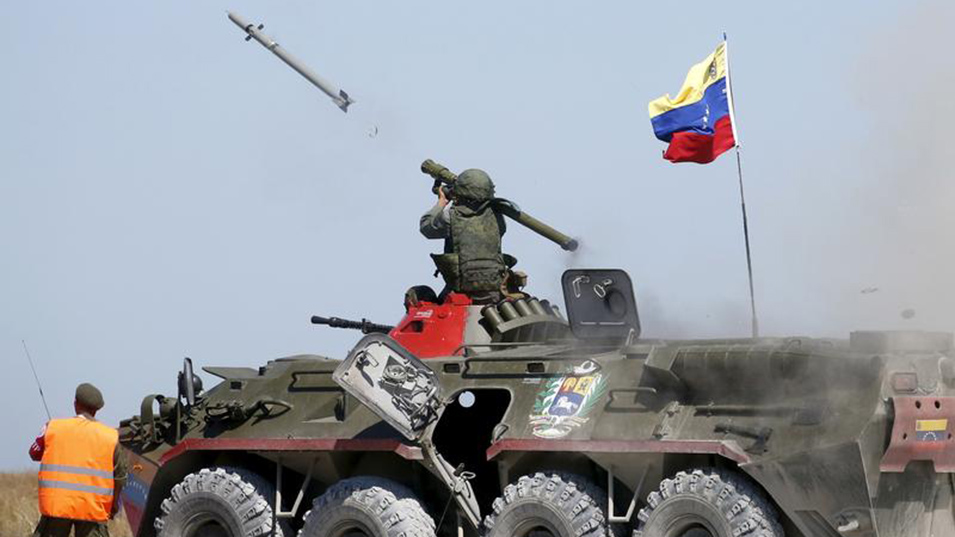
Maxim Zmeyev / Reuters
Military
The first credit line for gun purchases was signed in Moscow in 2006 by Chavez and Russian leader Vladimir Putin. Since then, similar agreements have allowed Venezuela to buy Kalashnikov rifles, Sukhoi planes, tanks and other military equipment.
Last month, the Nezavisimaya daily newspaper cited unnamed sources saying Russia wanted to deploy strategic aircraft at a Venezuelan airbase in the Caribbean Sea south-east of the United States.
In December last year, two Russian strategic bomber aircraft capable of carrying nuclear weapons landed in Venezuela.
